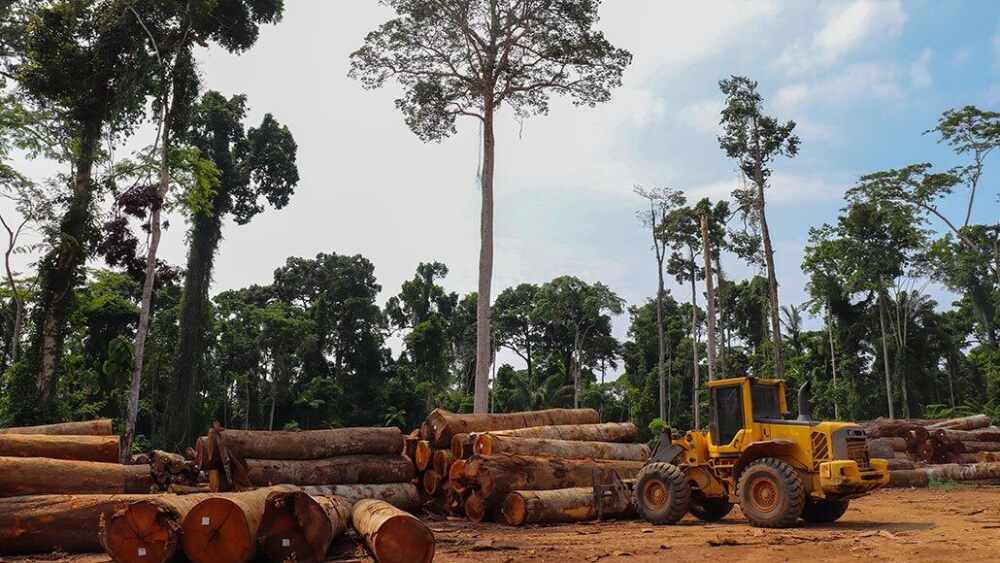Fixing the fault lines
The pandemic has laid bare the correlation between economic growth, environment and human conditions — avoiding which could come at great cost

In March 2021, the WHO established the Council on Economics of Health for All which will focus on links between health and economic growth. Though coming late, this is a welcome move.
Proponents argue that economic growth is necessary for the improvement of quality of life and standard of living. Unfortunately, the means used for economic growth have come through environmental degradation and have actually defeated the very purpose.
The COVID-19 setback
Assessment of the global burden of this pandemic has shown:
• As of August 2020, the global cost of the COVID-19 pandemic was estimated between USD 8.1 and USD 15.8 trillion globally.
• The pandemic has laid bare the social fault lines as inequality gaps widened and deepened:
(i) According to the January 2021 Oxfam Report on Inequality, the pandemic has the potential to increase inequality in almost every country at once. While billionaire's fortunes returned to their pre-pandemic highs in just nine months, recovery of the world's poorest could take a decade.
(ii) The gender gap has increased by a generation from pre-COVID-19 times of 99.5 years to 135.60 years in 2021.
(iii) In a paper published in a Feb 2021 issue of PNAS, the authors argue that pandemic precarity disproportionately affects historically disadvantaged groups, widening inequality.
• A 45-country rapid assessment undertaken by the World Bank revealed that significant populations are running out of food or reducing their consumption. It could have long-lasting impacts on the cognitive development of children. The Global Hunger Index 2020, calculated on the basis of undernourishment of the population, child stunting, wasting and child mortality, has placed India at the 94th position amongst 107 countries. Studies reveal that India could lose up to 4 per cent of its GDP and up to 8 per cent of its productivity due to child malnutrition.
• The pandemic massively disrupted education systems, affecting nearly 1.6 billion learners in more than 200 countries. The closure of educational institutions has impacted above 94 per cent of the world's student population.
The Sustainable Development Goals Report 2020 informs of the insufficient progress made towards the achievement of SDGs and warns of the regressive impact of the corona pandemic. The SDG goals relating to poverty, hunger, education, peace and justice, environmental sustainability and international cooperation appear to be on shaky ground.
Barking up the wrong tree?
Questioning the causes behind this pandemic and acting on the dire warning that more pandemics await the world are lost in the brouhaha of implementing massive vaccination programmes against the COVID–19 virus amidst rising infection numbers.
Is this the kind of life humans want? Of racing against time, developing new vaccines and treatments, repurposing drugs and revamping vaccines to be effective against mutants?
According to WHO, "The most cost-effective investments in health are those that prevent or delay people needing to use the health system, by addressing the reasons people get sick and die – in the food they eat, the water they drink, the air they breathe, and the conditions in which they live and work." But when the cost of economic growth escalates the need to use health systems, clearly there is a problem.
Costly nature manipulation
Researchers from the University of Cambridge found that restoring land or keeping it in its natural form is more economically beneficial than converting land for human private activities. Their findings of a March 2021 paper also indicated that at current levels of habitat conservation, conserving and restoring sites typically benefits human's prosperity.
Intact ecosystems may play an important disease regulation role by maintaining natural disease dynamics in wildlife communities and reducing the possibility of contact and pathogen transmission among humans, livestock and wildlife.
As forests become closer to humans due to forest encroachment or deforestation, viruses also get closer to humans. Some 60 per cent of all known infectious diseases and 75 per cent of emerging infectious diseases are due to zoonotic viruses that are spilling over from wild animals to humans. India is amongst the top geographical hotspots for zoonotic diseases.
Newly emerging and re-emerging infectious diseases have threatened the human race since the neolithic revolution some 12,000 years ago when hunter-gatherers settled down and began to domesticate animals and cultivate crops. With this began the systematic manipulation of nature by the human race and the subsequent emergence of diseases such as plague, smallpox, falciparum malaria, measles and many more.
The clear link between deforestation and virus emergence suggests that a major effort to retain intact forest cover would have a large return on investment. The cost of the COVID-19 pandemic is estimated to range from a low value of USD 8.1 trillion to a high of USD 15.8 trillion. Postponing a global strategy to reduce pandemic risk would lead to continued soaring costs.
Follow the evidence
The pandemic has made us realise that the fate of nature and humanity are intertwined. The call for evidence-based action and rethinking development in its current form of big projects could not be louder.
"Big projects destroy forests and natural landscapes and are extractive and destructive. In the process, millions of people are displaced. How can a model whose very foundation is based on destruction, exploitation and displacement ever be sustainable?" questions Stockholm water award winner, Dr Rajendra Singh.
The pandemic reminds us that there is a need for change towards sustainable growth models that are equitable and aligned to nature. Making profits that border on excessive greed is not the motive. This approach will help achieve the objective of development for all and improve living standards. Humans need to keep away from forests as nature needs rejuvenation. The planet is finite and aspirations should be limited. As Mahatma Gandhi said, "The world has enough for everyone's needs, not for everyone's greed."
Views expressed are personal



